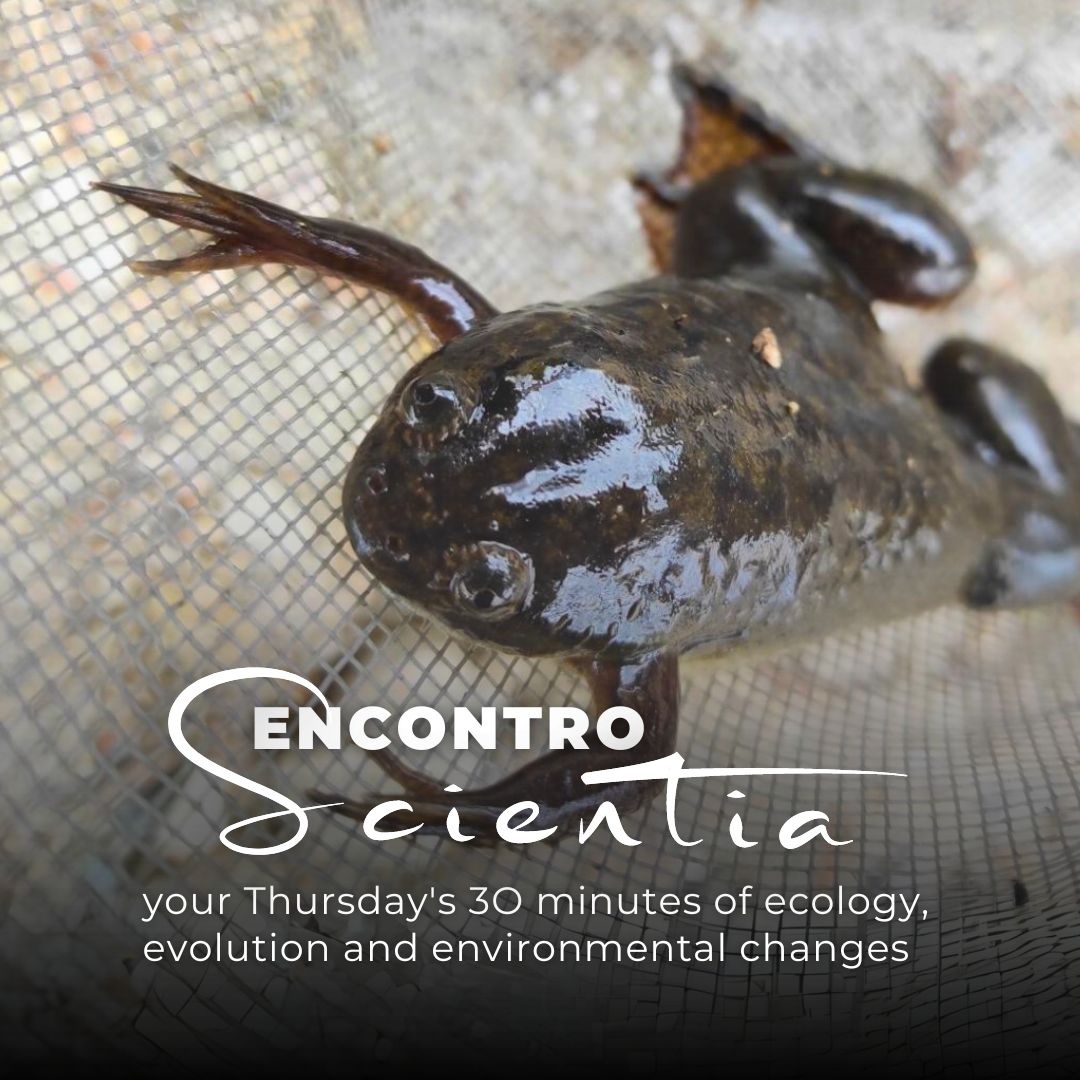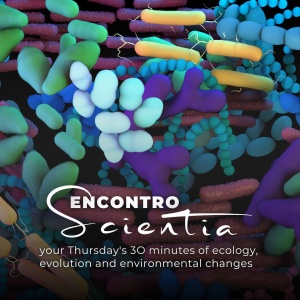Encontro Scientia with Rui Rebelo (Conservation in Socio-Ecological Systems)
23 November 2023 . 12h00 (Lisbon time) . Room 2.2.21 (FCUL)
Online access • LINK
Password • scientia
The African clawed frog, Xenopus laevis, is a highly invasive species in 4 continents. Since 2010 we are engaged in a control and eradication program of an invasive population of this frog in Portugal, and regularly cooperate with teams working on other European countries on the same subject.
We have been quite successful. So, and before we lose our study species, I will present results of our research on the former distribution, dispersal, population structure and diet, of this frog in Portugal. I will also detail on the interesting originalities of the Portuguese population, when compared with the other invasive European populations. Regardless of these interesting aspects, our ultimate aim is its eradication, and so our future research will focus on the optimization of eradication programs of invasives.
Tags: CSES invasion ecology xenopus laevis eradication program






